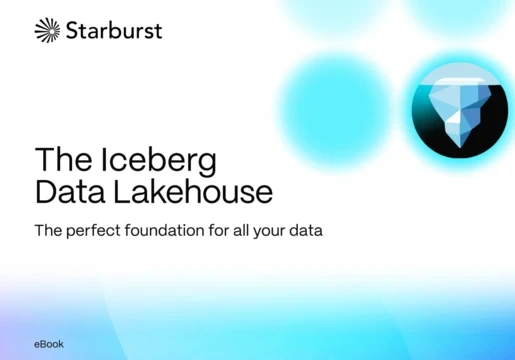Cloud storage has taken the data field by storm, offering a newfound flexibility not previously exercised. Naturally, cloud-based business intelligence (BI) and analytics tools are now following behind to shake up how we make the most of our data. Offering new potential, organisations should make themselves familiar with how they can benefit from cloud-based data exploration.
As the industry has learnt from implementations in data storage, using cloud networks tends to be the most cost-effective and flexible way for organisations to navigate their data needs. However, it has taken some time for cloud BI and analytics to get the same reception. Initially, there was evident reluctance, perhaps due to the once-upon-a-times of cloud BI/analytics companies quickly becoming defunct. If not, hesitations concerning security in the cloud could also be to blame.
Since then, however, cloud-based BI and analytics has come to the forefront of data management. This is likely due to being led by example; as more companies are now confidently storing secure data on the cloud, others are encouraged to do the same.

How do cloud-based BI and analytics work?
As the names suggest, cloud-based analytics and BI refer to cloud-enabled solutions that allow you to perform analysis or intelligence operations. These solutions are often in the form of data warehouses or Software-as-a-Service. These are not too dissimilar from traditional services, but the perks of the cloud are their main selling point.
By taking this approach, organisations can enjoy reduced cost of hardware, infrastructure, and implementation. Cloud applications are also notoriously easy to deploy, given that they require no hardware/software installations. Furthermore, they also boast ease of use. Therefore, organisations can immediately get on with setup and operations. Organisations can also scale applications to their heart's content. Thus, as your business grows, so can your system.
Which companies are driving cloud analytics?
Times have changed since the aforementioned crash-and-burn companies. Today, there are a number of companies at the ready to tend to your cloud analytics needs. We have whittled them down to a select few that have proven to be experts in the field.
Chartio
Firstly, Chartio have a proven track record in impressive cloud-based data exploration solutions. Their mantra of "Simple enough for everyone, powerful enough for the data team" is showcased in their numerous accolades and customer success stories. Their primary goal is to empower all members of an organisation to access, explore, and visualise their data. Ultimately, with Chartio, all team members will be able to answer their own questions.
Sisense
Sisense are also ahead in the cloud analytics game. Their Cloud Business Intelligence offering enables a complete cloud-based business intelligence platform that is agile and cost-effective. Perks of the platform include giving business users, analysts, and customers "the data they want to see, analyze and visualize, when and where they need it." Sisense prides itself on hassle-free deployment and usage. Further to this, it hones in on simplicity by making it easy for those less tech-savvy to make the most of their insights.
Azure
Undoubtedly a household name in cloud analytics, Microsoft Azure boasts an ever-expanding portfolio of cloud services for the enterprise. This solution enables you to build to your needs through the support offered for all languages and frameworks. Also, Microsoft Azure can cater for hybrid cloud, promising to "meet you where you are" – whether that's on-premise, in the cloud, or at the edge. It also quenches any concerns for security with multi-layered security measures as part of its platform.
Tableau
Finally, Tableau offers an impressive self-service analytics tool in the cloud that enables you to share and collaborate easily. With Tableau, you can publish dashboards and share your discoveries with simplicity and easily access the platform from a browser or via their mobile apps. Tableau is also a fully hosted solution. Therefore, you don't need to worry about software upgrades or configuring servers. Furthermore, Tableau empowers your organisation to ask questions with natural language.
Like this piece? Check out our latest Tech Chat with Nick Sacke at Comms365.







Comments ( 0 )